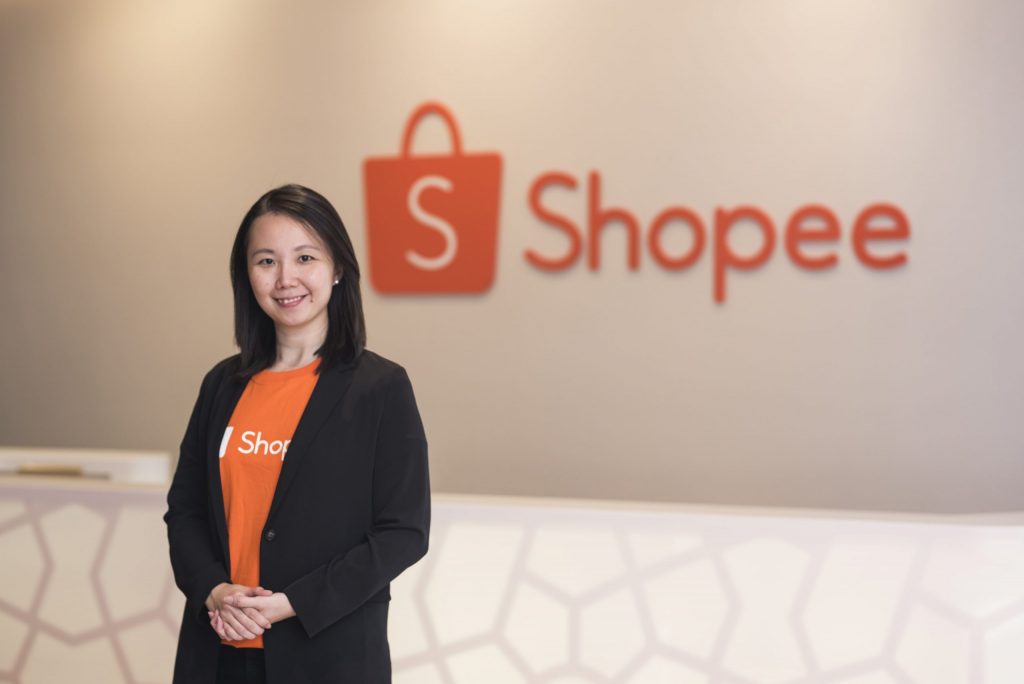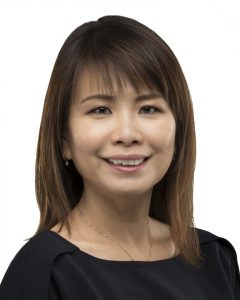Future-Ready Your Career!
July 19, 2021
IN BRIEF | 2 min read
-
We ask Ms Cher Whee Sim, Vice President (Global Talent Acquisition & Mobility), Micron Technology, and Ms Agatha Soh, Regional Head of People, Shopee, to find out about the skills they value and what interdisciplinary skills - defined as the ability to integrate and apply different perspectives to solve complex problems - they hope their hires bring to the workplace.

Technical skills have always been viewed as the main currency in job security. But does that still hold true in today’s working world of rapid and profound changes?
As a graduate, it is difficult to nail down the skills that will set you apart. While technical skills remain essential, softer skills such as communication, creativity and interdisciplinary thinking are playing an increasingly important role in how employers assess their employees and new hires.
But why do employers value these skills so much, and what do interdisciplinary skills - defined as the ability to integrate and apply different perspectives to solve complex problems - bring to the workplace?
We ask Ms Cher Whee Sim, Vice President (Global Talent Acquisition & Mobility), Micron Technology, and Ms Agatha Soh, Regional Head of People, Shopee, for their thoughts.
What are the top soft skills that you look for in new graduates?
Agatha: Active listening, adaptability and self-awareness. Shopee is the region’s leading e-commerce platform and as e-commerce becomes increasingly intertwined in many different aspects of our lives, we have to be very agile to stay ahead of trends. For this to happen, our employees need to be curious active listeners, and adaptable to constant change. Clear communication also builds trust and maintains strong working relationships at all levels of an organisation.
Communication is a two-way street; it is important to not only be able to provide constructive feedback, but to also be able to listen actively and internalise invaluable insights and feedback. When done effectively, it allows for greater levels of collaboration, teamwork, and ultimately moves the organisation forward with a united front.
Cher Whee: Micron’s success depends on attracting and engaging the brightest and most talented people in the world. In addition to industry-relevant skills and knowledge sets, we also seek talents who are innovative, critical-thinking, collaborative, growth-driven, and finally, with core values that fit our organisation.
For instance, Micron’s People value emphasises caring about each other. We exemplify our people value by investing and innovating in programmes that attract and engage top talent, building an innovative and inclusive team, and positively influencing our global communities. As such, our global 40,000 team members are required to take inclusion allyship training to foster an inclusive workplace for all. Additionally, 6,000 Micron leaders have participated in inclusive leader training.

Why are interdisciplinary skills important in the workplace?
Agatha: As with most roles today, our work is built around interdisciplinary teams and functions, which requires a high level of intra and inter-departmental interaction. We envision our workplace to be a place where employees come together to create meaningful connections with one another, and collaborate on impactful projects that work towards a common goal. Individuals with an interdisciplinary background are of great value, as they can communicate and collaborate effectively across multiple teams with ease and efficacy.
Cher Whee: An interdisciplinary talent would usually have broader exposure and more profound perspectives that enable him or her to solve workplace challenges more effectively. Their enhanced abilities to engage, value, and empathise with others is key to the success of future employers. In addition, interdisciplinary skills also drive curiosity and the passion for continuous learning. It encourages creativity and innovative ways to discover new ways of solving problems. When combined, such skills will provide companies the resilience to weather through business challenges, as well as the ability to constantly innovate.
How does interdisciplinarity come into play in your workplace?
Cher Whee: Micron is a people-driven company with multidisciplinary, multicultural team members across more than 17 countries using data to create insights that enrich life for all. As we continue to deliver products that push technological capabilities forward, we are also fast-tracking sustainability progress within our own business. We are moving swiftly to advance the positive influence that we have on people and the planet by investing in the best talent, improving the environmental impact of our operations, sourcing product inputs responsibly and sharing our success with our communities. These are all important functions in our business, and we need talents with interdisciplinary skill sets and experiences who can solve multifaceted problems to achieve our goals.
Agatha: Communication, teamwork, and collaboration have become even more critical, especially so with flexible working arrangements. While different roles within our teams require different skill sets and qualifications, our employees must work collaboratively with others to develop creative solutions to solve complex problems in a dynamic and fast-paced environment. We value employees with a strong team mindset as many companies have a high level of interactions across different business functions and teams.
Any final words of advice for graduates on how to stay employable amid the changing jobscape?
Agatha: Having a penchant for learning is extremely important to succeed in today’s evolving workplace. Students should possess a hunger for learning, to continuously develop both hard and soft skills. I believe that having that ‘fire in the belly’ is what propels us all to greater heights. Being in a fast-paced industry, we look out for candidates who have the potential or have expressed willingness to go beyond their current roles. This demonstrates their teachability and positive learning attitude, which will make it easy for them to pick up other relevant soft skills through our training programmes.
Cher Whee: Keep your eyes peeled for mentorship opportunities and learning opportunities within the industry such as internships, while engaging with peers in STEM competitions. And remember, the learning should not stop just because you have joined the workforce. We encourage our team members to embrace a continuous learning and growth mindset. Our competition is fierce, and the path to winning requires that we grow our capabilities, continuously elevate our performance, and expand our network of industry relationships.
This story first appeared on the NUS CHS website on 5 July 2021.

